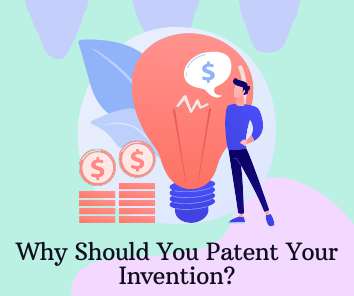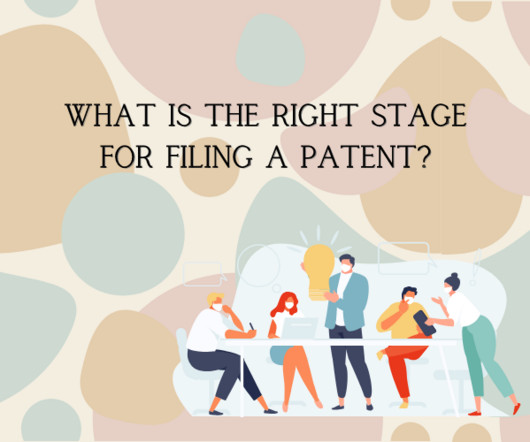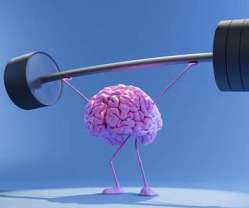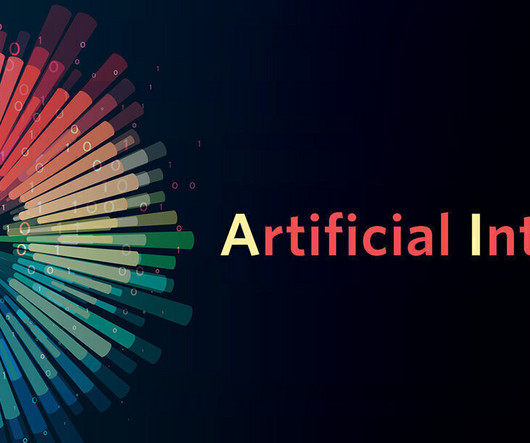Why Should You Patent Your Invention?
Intepat
APRIL 2, 2022
It gives the inventor or patent owner exclusive rights and prevents others from manufacturing, selling, or marketing the invention. The foremost advantage of obtaining a patent is that it gives exclusive rights to the inventor. Patents give the inventor the security and confidence to share their invention in public domains.

























Let's personalize your content